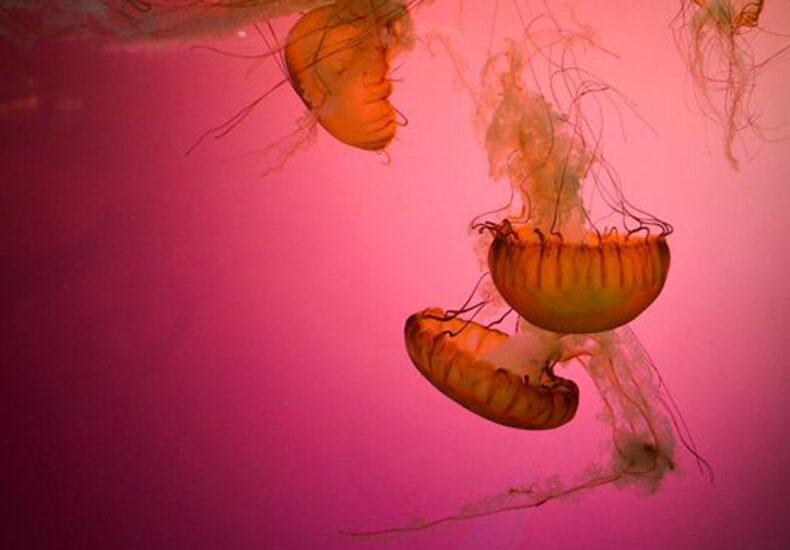
Rare Cannibal Jellyfish Invades Texas Beaches, Visitors Issued Warnings
Fundacion Rapala – Texas beaches have recently reported an unusual surge of jellyfish sightings, specifically the rare “pink meanie.” This species, known for its painful sting, can grow up to 22 kilograms with tentacles stretching as long as 21 meters. The phenomenon has drawn attention from marine scientists and beachgoers alike, raising concerns about safety along the coast.
Scientists Confirm Unprecedented Numbers
Jace Tunnell, a marine biologist at the Harte Research Institute, Texas A&M University-Corpus Christi, explained that he had never seen so many pink meanies before. Despite conducting regular surveys for over eight years, this year’s increase stands out as unprecedented. According to Tunnell, even during his childhood spent on these beaches, such sightings were nonexistent until recently.
Read This : Dying Light: The Beast Review — Brutality Taken to the Next Level
Origins and Discovery of the Species
The pink meanie jellyfish is a relatively recent discovery in Gulf waters. Initially mistaken for the lion’s mane jellyfish, its identity was clarified in 2011 through DNA testing. Scientists then confirmed it as a completely new species, creating the first new jellyfish family classification in nearly a century. Its aggressive behavior toward other jellyfish earned it the name “pink meanie.”
Why Their Numbers Are Rising
Experts believe the increase in pink meanie sightings is directly linked to the booming population of moon jellyfish, their primary food source. Tunnell noted that Texas waters are currently experiencing a moon jellyfish explosion, which provides abundant prey for the pink meanie. This predator-prey relationship explains why so many of the rare species are appearing along the coastline.
Potential Risks for Beachgoers
Local authorities and marine experts have issued warnings to beach visitors. Although the sting of the pink meanie is not life-threatening, it can cause sharp pain lasting around 10 minutes and leave red marks for several days. These stings are particularly concerning for families with children and those unaware of proper first aid procedures.
Recommended First Aid Treatment
The American Red Cross advises leaving the water immediately if stung and carefully removing tentacles with gloves or tools. Rinsing the affected area with seawater is crucial, followed by soaking in warm water for about 20 minutes to reduce pain. Rubbing the sting should be avoided, as it may worsen the irritation. In addition, experts recommend applying vinegar to neutralize stinging cells before rinsing again with warm water.
Temporary Phenomenon Expected to Fade
While the current situation may alarm visitors, marine biologists expect the pink meanie and moon jellyfish populations to decline as cooler weather arrives. Seasonal changes typically reduce jellyfish activity, offering relief to beachgoers in the coming months. However, experts emphasize that this year’s surge highlights how shifting marine ecosystems can surprise even the most experienced researchers.